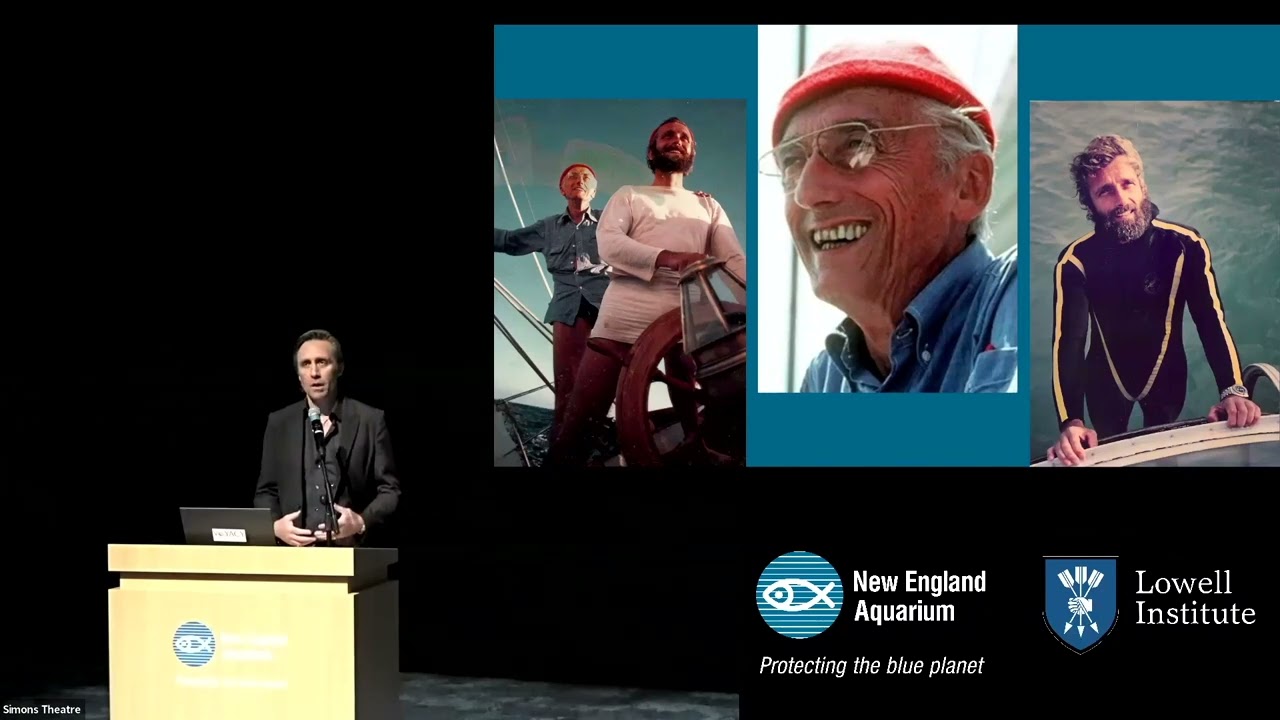– The historical importance of ocean conservation efforts and their roots.
– Current challenges and achievements in protecting marine ecosystems.
– Innovative strategies for restoring the ocean’s health in the future.
– The role of technology and international cooperation in enhancing ocean preservation.
Ocean conservation is an essential aspect of environmental stewardship, involving a detailed understanding of marine ecosystems and the actions needed to protect and restore them. From historical efforts to contemporary strategies to address our oceans’ multifaceted challenges, the ocean protection and restoration journey is both complex and critical. This educational article delves into the past, present, and future of ocean protection and restoration, offering insights into the significance of these efforts for our planet’s heaplaneheaplanets’ sustainability story of ocean conservation is rich and varied, embodying efforts to understand the marine environment and mitigate human impacts. Initially driven by the realization of overfishing and pollution’s effects, early conservationists aimed to raise awareness and implement measures to protect marine habitats. Establishing marine protected areas (MPAs) marked a significant advance, providing safe havens for biodiversity and enabling ecosystems to flourish undisturbed by human activity.
Ocean conservation challenges have intensified, with climate change, plastic pollution, and habitat destruction at the forefront. Despite these obstacles, notable achievements have been made. Marine biologists and environmentalists have succeeded in expanding the scope and scale of MPAs, which now cover a significant portion of the world’s oceans. Efforts worldwide to reduce pollution have seen the development of international agreements and innovative cleanup technologies to reduce the influx of plastic waste into marine environments.
In the future, restoring the ocean’s health will involve innovative strategies and ocean knowledge. The advancement of restoration ecology offers hope, with projects focused on rehabilitating coral reefs, mangroves, and seagrasses gaining traction. These efforts are critical for enhancing biodiversity, improving water quality, and bolstering natural defenses against climate change.
Technology plays a pivotal role in the future of ocean conservation. From satellite monitoring systems that track illegal fishing activities to artificial intelligence algorithms that predict coral bleaching events, the application of cutting-edge technologies is transforming how we protect and manage marine ecosystems. Additionally, the importance of international cooperation cannot be overstated. Global challenges require global solutions, and the successes in ocean protection increasingly depend on the collaboration between countries, non-governmental organizations, and the private sector.
Ocean protection and restoration remain daunting, yet it is undeniably crucial for the survival of countless species, including humans. The dedication and innovation shown by scientists, conservationists, and policymakers worldwide offer a beacon of hope for the oceans. By continuing to advance and support these efforts, we can look forward to a future where the ocean’s health is restored and thrives for generations. Engaging ocean communities through education and participation in these endeavors is essential in fostering a deeper connection with our oceans and inspiring action to safeguard this invaluable global asset.
*****
Source Description
In this New England Aquarium Lecture Series event, renowned explorer and filmmaker Philippe Cousteau examines the ocean conservation movement’s evolution and explores how new strategies can shift our thinking about safeguarding our blue planet. We were joined by two extraordinary youth leaders from EarthEcho International’s Youth Leadership Council who are defining the future of the movement, CouInternational’s experiences from his decades of ocean exploration and exciting new developments and innovations that challenge us to evolve beyond sustainability so we can restore our ocean planet to its natural state of abundance.
The New England Aquarium Lecture Series is presented free to the public through the generosity of the Lowell Institute. Learn more at https://www.neaq.org/lectures.


